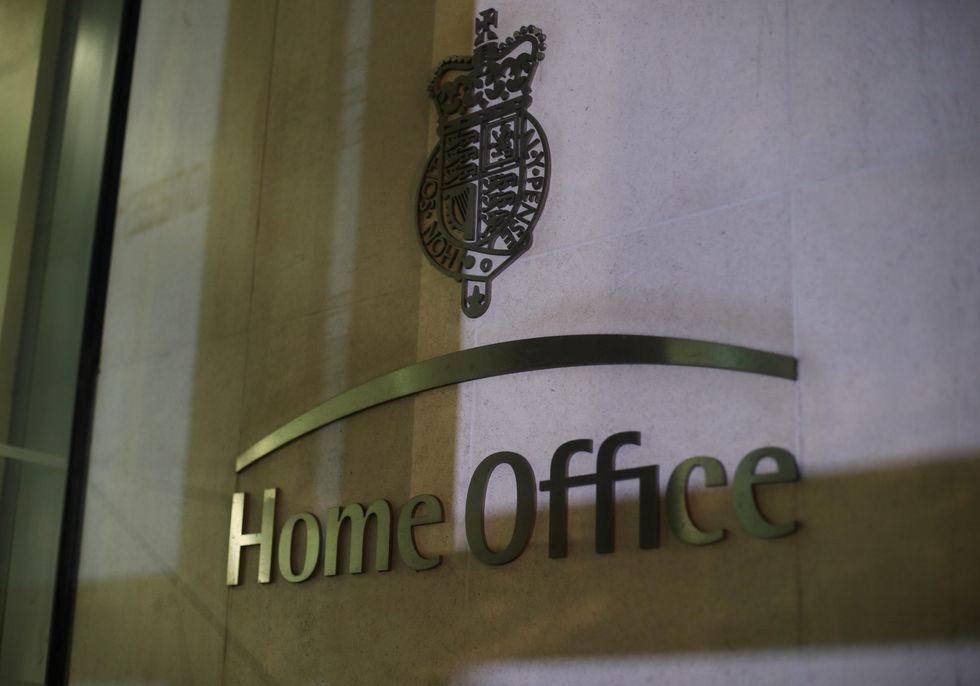



A violent Lithuanian burglar who was convicted of inflicting grievous bodily harm (GBH) has dodged deportation after claiming that it would breach his right to a family life.
Edvardas Kekstas first arrived in the UK in 2011 and, nine years later, was given settled status in 2020 before Britain left the European Union (EU).
The convict was unable to speak English to such an extent that he required a translator to argue his case to stay in Britain.
In March 2022, he was convicted of inflicting GBH on his victim, as well as burglary and attempted robbery, The Telegraph reports.

The criminal was also found guilty of burglary and attempted robbery
PA
As the crimes were carried out after Britain’s departure from the economic bloc, he was no longer protected under Parliament’s withdrawal agreement.
The deal had granted special protections to EU citizens with settled status, which are designed to make it more challenging for the Home Office to carry out deportations.
Kekstas made an appeal against his deportation because it would breach his right to a family life - which is enshrined in the European Convention on Human Rights (ECHR) under article eight.
The criminal’s appeal was first supported by a lower immigration tribunal judged, who cited his rights under the convention, as well as his rights before Britain leaving the EU.
An upper tribunal judge subsequently dismissed the appeal’s justification of pre-Brexit rights, but argued that a fresh hearing should take place to assess his rights to a family life.
Immigration law states that a foreign criminal who has been sentenced for more than four years must be deported.
They can only be permitted to remain in the country if they can demonstrate “compelling” and “exceptional” family reasons.
His case follows that of many other foreign criminals who have managed to dodge deportation by pleading under protected rights in the ECHR.

His case follows that of many other foreign criminals who have managed to dodge deportation by pleading under protected rights in the ECHR
PA
Last year, it was reported that an Albanian murderer was able to remain in the UK thanks to protections granted under the document.
Fatmir Bleta, 64, was sentenced to 13 years in prison after he shot a man in the head - and then fled to the UK two months after the crime took place.
He arrived in the UK with his family and pretended to be Kosovan - a lie which cost him 33 months imprisoned in 2018.
Bleta has now managed to resist being deported by the Home Office by claiming that such an action would breach his right to a fair trial under the ECHR - and his right to a family life.
The father-of-four also claimed that such an action would be “unduly harsh” on his relatives.
